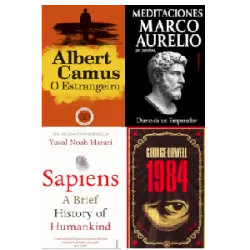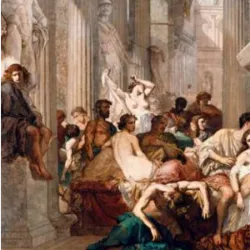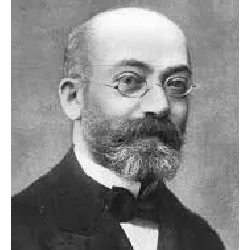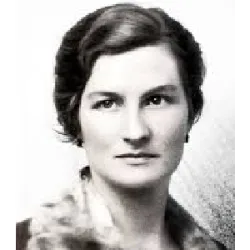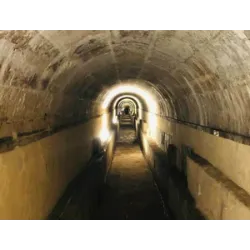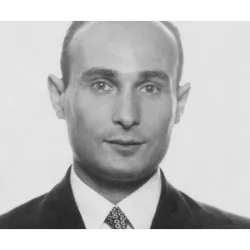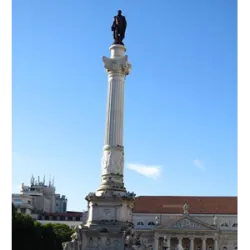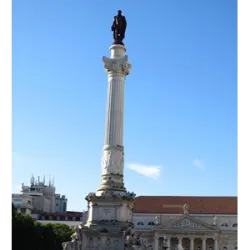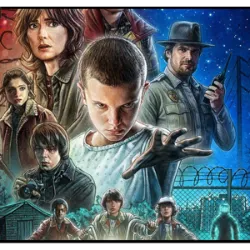Renaissance and Enlightenment
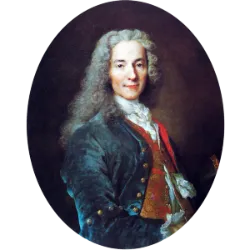
The Renaissance and Enlightenment periods revolutionized Western literature and thought, promoting humanism, freedom, and social criticism. In the 16th century, Miguel de Cervantes wrote Don Quixote, considered the first great modern novel, which satirized the ideals of chivalry. In the theater, William Shakespeare explored human complexity in tragedies such as Hamlet and Macbeth, works that remain relevant to this day.
Political philosophy also gained prominence with Niccolò Machiavelli's The Prince, which redefined the concept of power. Luís de Camões, in The Lusiads, celebrated Portugal's maritime conquests with a grand epic. In the 17th century, John Milton, with Paradise Lost, brought a poetic vision of the fall of man and the clash between good and evil.
The Enlightenment brought rationalism and social criticism to literature. Jonathan Swift's Gulliver's Travels and Voltaire's Candide satirized society's flaws, while Daniel Defoe's Robinson Crusoe extolled individual achievement. At the end of the 18th century, Goethe, with The Sorrows of Young Werther, inaugurated Romanticism, ushering in a new era of literature.
Did you know?
